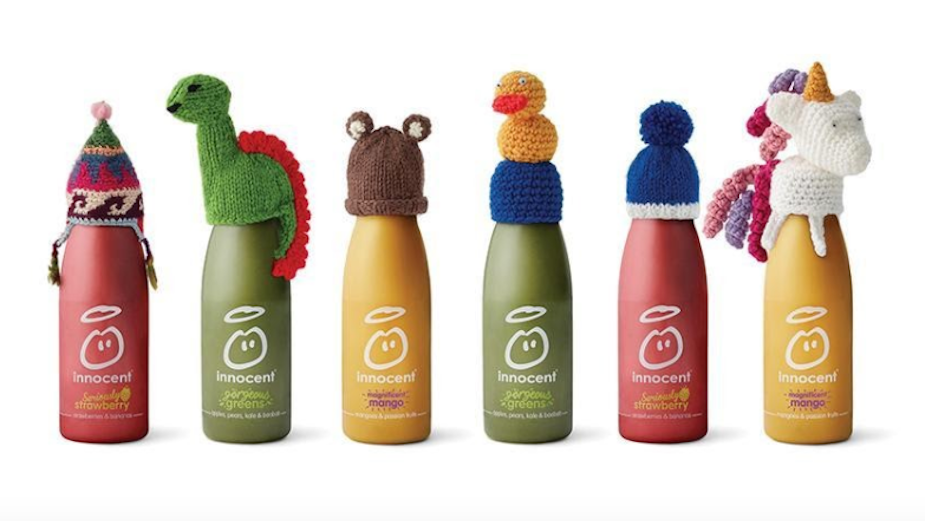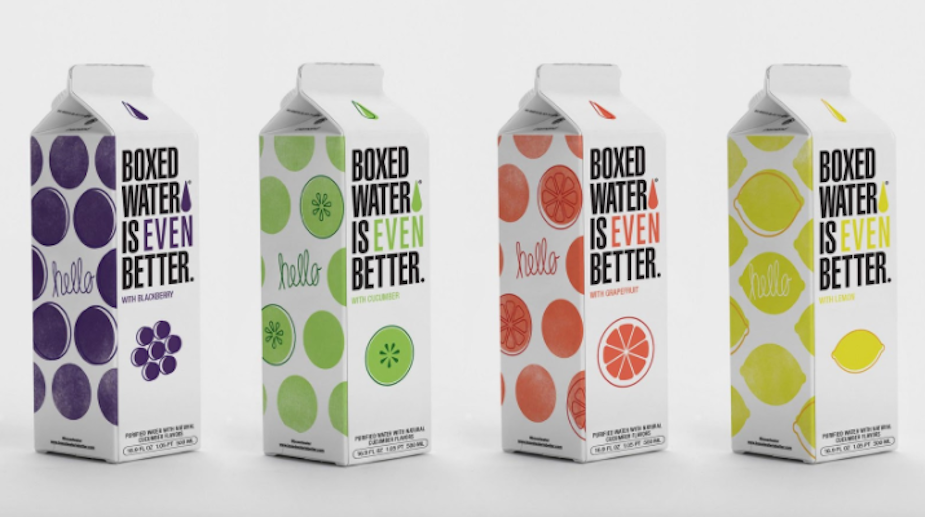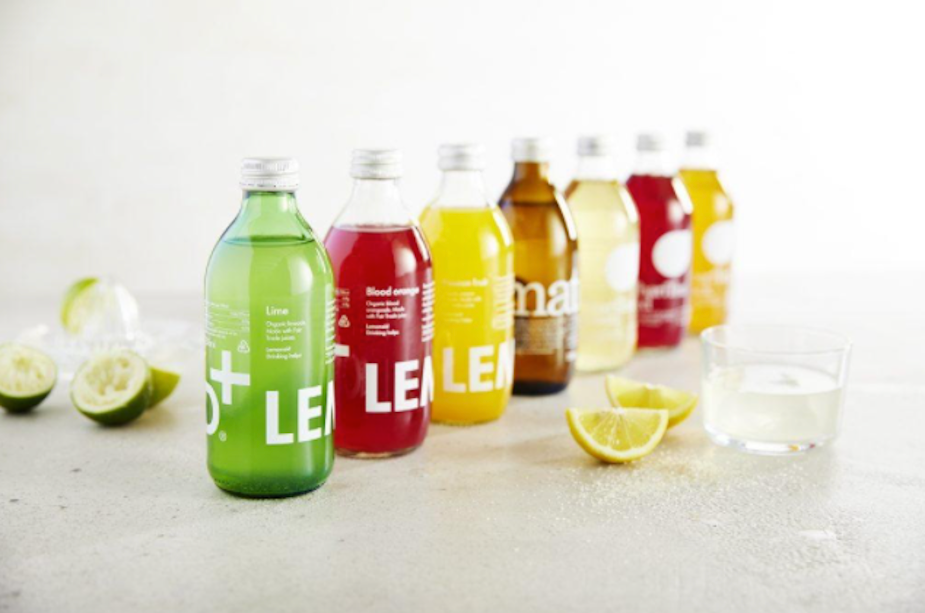
Four Reasons Why Drinks Companies Need to Integrate Sustainability and Brand Purpose

The global drinks market is expected to be worth nearly $1.86 trillion by 2024 – growth that comes as no surprise given the increasing influx of innovation and choice to the sector. And yet despite this dominion, there’s one area where the market falls woefully flat: sustainability. According to the Drinks Industry Sustainability Index, the trade scored an average of just 4.8 out of 10 across a range of key environmental practices, including consumer engagement and communication around sustainable activities and environmental efforts.
On one hand, this is a surprisingly disheartening finding for an industry so ingrained in consumers’ everyday lives. On the other, it presents a fantastic opportunity for drinks companies to distinguish themselves from competitors and to take the lead in a world increasingly listening in to the sustainability conversation.
1. Align with consumer values
Consumers are becoming increasingly discerning about what they put in their bodies – just look at the recent explosive popularity of plant-based eating – and few things say more about our values and who we are than the food and drink we consume. In fact, a study by research organisation Meaningful Brands indicates that food and drink is classed as one of the top three ‘most meaningful’ industries across much of the world.
Consumers want reassurance that the brands they already know and love align with their values. As such, companies that take the time to integrate these meaningful metrics into their brand message are able to retain customers that may move elsewhere in pursuit of products they perceive as being better suited to their values.
Robinsons squash, for example, has long been a favourite with kids, but dominant media campaigns about the negative health effects of fruity drinks threatened its favour with discerning parents. However, a shift in brand messaging and focus instead on real fruit, no added sugar, sustainable harvesting and helping kids drink more water has since seen the brand take top spot for the UK’s most popular beverage.
2. Attract the consumers of tomorrow
Generation Z is on track to become the largest generation of consumers this year, and research consistently demonstrates that they favour brands that drive meaningful action and advocate for positive change. Brands that ignore this demand risk alienating their future consumers – future consumers that are prepared to pay more for sustainable products, at that.
For this generation of shoppers, sustainability is as much a consideration in their product choices as the look, feel, capabilities or taste of the product itself – their thoughts and opinions on which can dominate online conversations at lightning speed. And the power of the internet narrative should never be underestimated. Nestle, for example, is still trying to rebuild its brand image following a period of online noise criticising its supply chains – and this was before social media became as pervasive as it is today.
For the drinks industry, this means putting sustainability front and centre and communicating it in a way designed to appeal to this upcoming demographic. A new wave of sustainable water brands – Boxed Water, Just Water and CanO Water, for example – are striking this balance well.

3. Address the elephant(s) in the room
It’s no secret that the drinks industry faces a number of difficult sustainability and social impact challenges, chief among them plastic waste and, for the alcohol sector, responsible drinking. The global narrative is such that these issues can’t be ignored by brands, and consumers will rightfully be wary of those that do.
Strong brand purpose means communicating these challenges openly and honestly – consumers appreciate this transparency: a sense of trust comes from authentic humility. As such, drinks companies that take control of the conversation around these difficult subjects can position themselves as industry leaders and ‘go-to’ brands for the growing number of consumers getting wise to greenwashing and clichéd CSR spiel.
PG Tips, for example, used the growing discontent with tea bags’ plastic content to launch a biodegradable range, and made the move a central part of its overall brand communications. Carlsberg, meanwhile, has used its ‘Cheers Responsibly’ campaign to address consumer wellbeing and appeal to an upcoming generation that puts less stock in drinking than its predecessors. And in doing so, it’s able to attract more consumers to its wider sustainability messaging.
4. Prepare for reporting changes
Finally, brands that take steps to integrate sustainability with their brand purpose will be better positioned to manage future reporting requirements. The International Integrated Reporting Council’s ‘Integrated Reporting’ Framework has long since been used by major drinks brands such as Coca-Cola, with many sectors now waking up to the need for a more all-encompassing company reporting structure.
More recently, the International Financial Reporting Standards Foundation has been exploring the creation of a standardised reporting framework for sustainability – or more specifically, environmental, social and corporate governance (ESG) data. Companies that are already positioning sustainability as part of their brand identity will inevitably find these reporting processes easier when the time comes.














